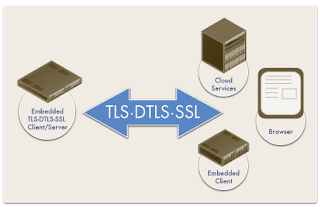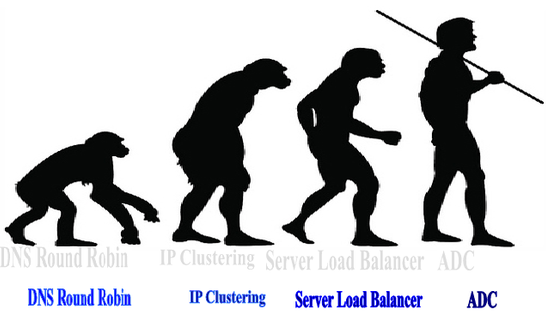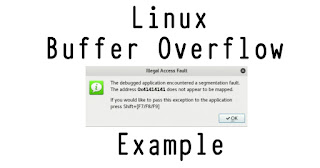EU Cybersecurity Strategy (III)
This is the third week writing about EU Cybersecurity Strategy. I’ve already read the whole strategy. The first chapter is mainly for building European cyber security technology. The second chapter is mainly for building operational capacity to prevent, deter and respond. However, this third chapter tell us about how the EU is going to work with international partners such as third countries, international organizations and the multi-stakeholder community. In addition, this third chapter tell us how the EU wants to lead on standards, norms and frameworks in cyberspace.
The EU wants to step up its engagement in, and leadership on international standardisation processes, and enhance its representation in international and European standardisation bodies. The Commission would also like to develop an EU position on the application of international law in cyberspace as well as the EU wants to continue the leadership on the protection and promotion of human rights and fundamental freedoms. Furthermore, the EU will continue to support third countries that wish to accede to the Council of Europe Budapest Convention on Cybercrime.
There is one really interesting sentence in this third chapter, which says “No single entity, government, or international organisation should seek to control the Internet”. Therefore, the EU will strongly support and promote the multi-stakeholder model for Internet governance. This means the Commission will reinforce regular and structured exchanges with stakeholders, including the private sector, academia and civil society. What’s more, I think it’s really interesting how the Commission wants to promote the EU vision of cyberspace, and exchange information, with an informal EU Cyber Diplomacy Network.
Finally, the EU Cybersecurity Strategy would like to develop an EU External Cyber Capacity Building Agenda to steer efforts in line with the External Cyber Capacity Building Guidelines and the Agenda 2030 for Sustainable Development. In addition, I think it’s really useful that the EU continue to assist countries in tackling the growing challenge of malicious cyber activities that harm the development of societies and the integrity and security of democratic systems. Actually, it’s not only useful but also needed.
To sum up, I think this third chapter has lots of interesting initiatives. I really like the informal EU Cyber Diplomacy Network to exchange information and expand EU cyber dialogue with third countries, regional and international organisations and I also like the Commission takes into account the integrity and security of democratic systems. Obviously, the application of human rights and fundamental freedoms in cyberspace is really important. Therefore, it’s mandatory to be in the strategy.
Have a nice day my friends!









Commentaires
Enregistrer un commentaire